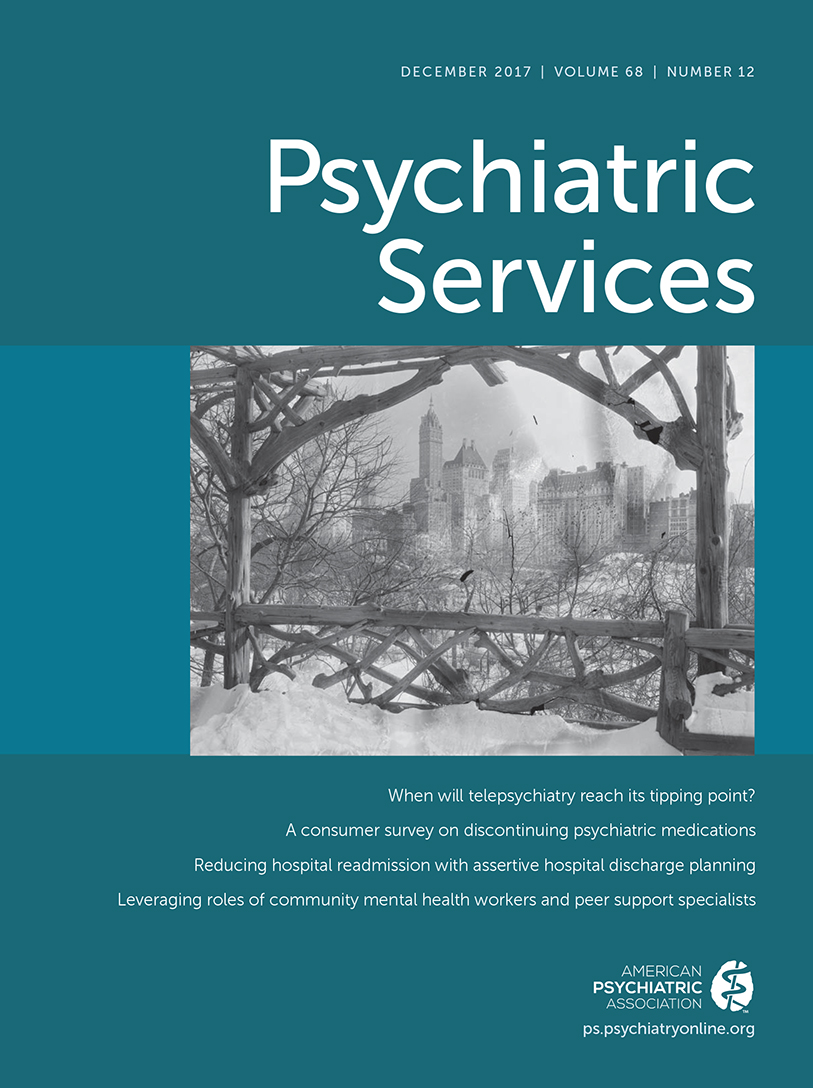Outpatient Follow-Up Care and Risk of Hospital Readmission in Schizophrenia and Bipolar Disorder
Abstract
Objective:
Although outpatient care within 30 days of mental health hospital discharge is an established quality indicator, little is known about the clinical implications of not receiving such care. This study evaluated whether receipt of outpatient care within 30 days of discharge was associated with a reduced risk of readmission during days 31–120 postdischarge among adult inpatients with schizophrenia or bipolar disorder.
Methods:
Retrospective longitudinal cohort analyses were performed with Truven MarketScan Commercial (2010–2014) and Medicaid (2010–2013) databases. Among inpatients with schizophrenia (N=25,401) or bipolar disorder (N=46,375), overall and stratified associations were examined between receipt of an outpatient follow-up visit in the 30 days postdischarge and hospital readmission during days 31–120 postdischarge.
Results:
Receipt of a follow-up visit within 30 days of discharge was associated with a slightly lower adjusted odds ratio (AOR) of hospital readmission during days 31–120 postdischarge (schizophrenia, AOR=.88, 95% confidence interval [CI]=.81–.96; bipolar disorder, AOR=.91, CI=.85–.98). For patients with schizophrenia, the strongest observed inverse association of follow-up care with readmission risk was among inpatients whose index admissions were 13 to 30 days long (AOR=.73, CI=.61–.89). For patients with bipolar disorder, the strongest corresponding inverse association was among those in the manic phase of illness at the index discharge (AOR=.73, CI=.63–.86).
Conclusions:
Outpatient visits during the 30 days after discharge were associated with a lower hospital readmission risk during the following 90 days. Assertive hospital discharge planning to secure outpatient visits after hospital discharge is needed for these patient populations.



